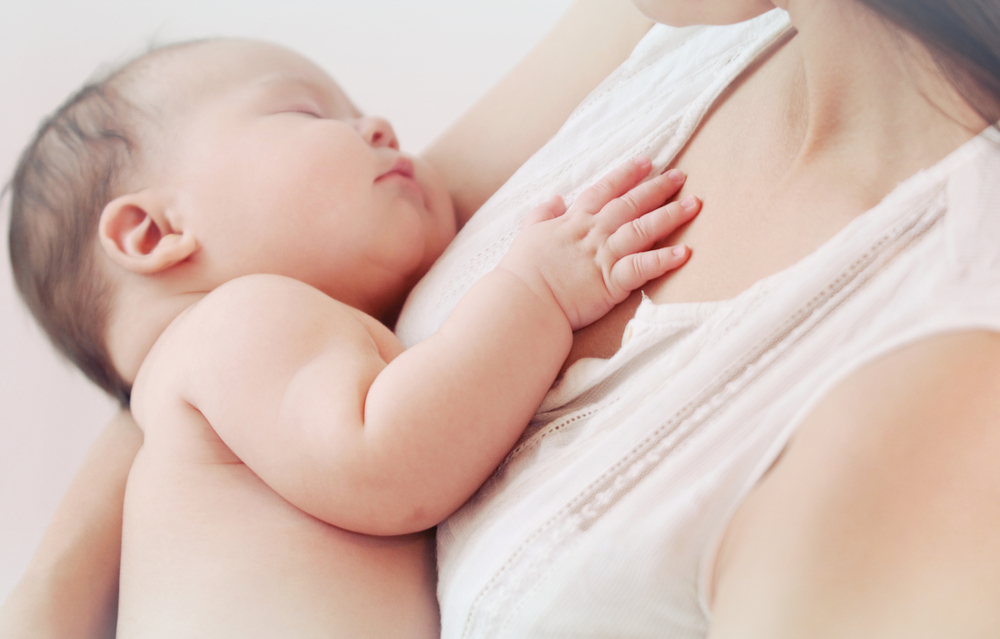Breaking
Breastfeeding may reduce risk of childhood leukemia
WASHINGTON — Children who are breastfed have a lower risk of developing childhood leukemia, a new analysis of 18 studies suggested Monday.
Leukemia is the most common childhood cancer, accounting for about 30 percent of all childhood cancers, but little is known about its cause, according to the research published online in the U.S. journal JAMA Pediatrics.
Efrat Amitay and Lital Keinan-Boker of the University of Haifa, Israel, reviewed the evidence in 18 studies researching the association between breastfeeding and childhood leukemia.
These studies, published between 1960 and 2014, provided a total of 10,292 leukemia cases and 17,517 control individuals.
The results showed that breastfeeding for six months or longer was associated with a 19 percent lower risk compared with no breastfeeding or breastfeeding for a shorter period of time.
A separate analysis of 15 studies found that ever being breastfed compared with never being breastfed was associated with an 11 percent lower risk of childhood leukemia.
Several biological mechanisms of breast milk may explain the relationship, including that breast milk contains many immunologically active components and anti-inflammatory defense mechanisms that influence the development of an infant’s immune system, the researchers said.
“Based on the current meta-analysis, 14 percent to 19 percent of all childhood leukemia cases may be prevented by breastfeeding for 6 months or more, a highly accessible and low-cost public health measure,” Amitay and Keinan-Boker wrote in their paper.
“Because the primary goal of public health is prevention of morbidity, health care professionals should be taught the potential health benefits of breastfeeding and given tools to assist mothers with breastfeeding.”






















